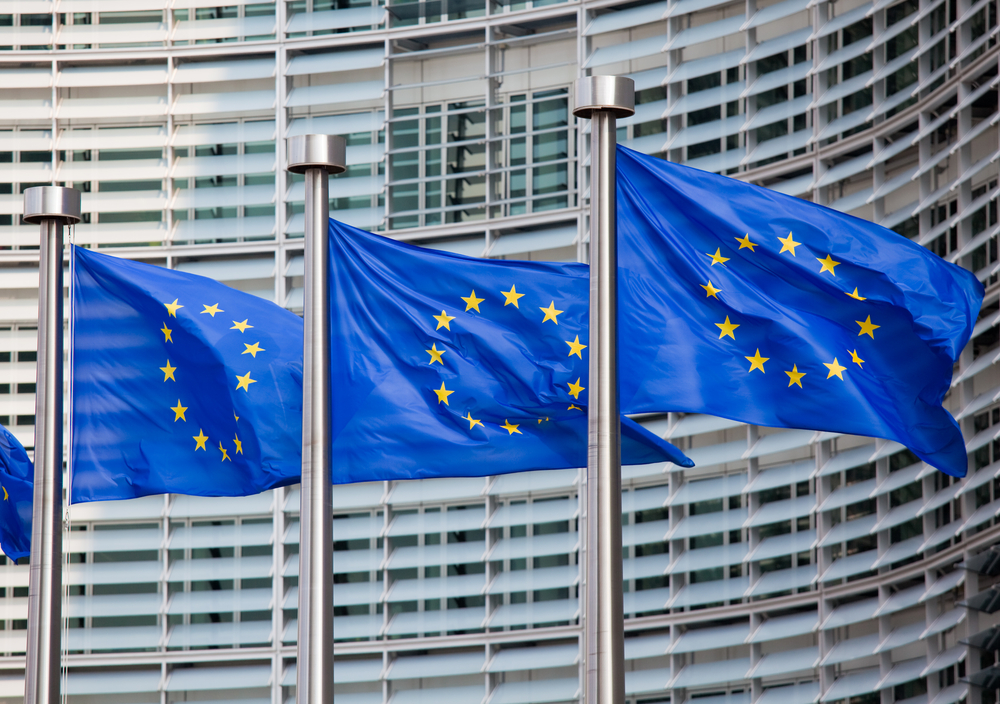Breaking
The European Union: Partner for Peace and Development in Mindanao
MANILA — Europe has been affected by centuries of violent conflicts culminating with the disaster of the Second World War which left around 20 million dead in Europe. Following this, European leaders have put all their energy to build peace in Europe, starting with the European Economic Community in 1957 with six countries leading progressively to the European Union with 28 member States today.
The 2012 Nobel Peace Prize has been awarded to the EU also for its important role in promoting peace around the world. Building peace is at the heart of the European project, it is in its DNA, and based on that experience, the EU has set itself the goal of promoting peace in other parts of the world including in the Philippines. In the Philippines, the EU and the Member States have supported the Mindanao peace process through all available means from the political level, support to mediation, practical confidence building measures at the grassroots level to financial support of the victims of the conflict.
As a member of the International Monitoring Team, the EU has ensured respect of human rights and protected civilians threatened by violence.
The EU will ensure its continued commitment for a smooth and inclusive transition period until the creation of the autonomous region of the Bangsamoro and the election of its Government, foreseen for 2016.
Beyond that, the focus will be on efforts to safeguard inclusivity in the processes of normalisation, institution building and development in the area of the future Bangsamoro.
Based on the belief that peace is the precondition for sustainable development while eventually development will help to make peace in the Philippines sustainable, the EU and its Member States have been present in Mindanao for a long time. Member States and EU are supporting development through projects in the fields of health, education, livelihood and resilience building, local governance, gender equality, empowerment of Indigenous Peoples, conflict-sensitive resource management, promotion of human rights and humanitarian aid.
To reiterate their commitments, the EU Heads of Missions to the Philippines have organised regular visits to the region with the latest in April 2014 to signal EU continued support for the Mindanao Peace Process and the development of the region.
The EU has provided over the last 20 years more than P10 billion worth of development assistance to Mindanao. The EU is the largest contributor (EU and Sweden with almost 80 %) to the World Bank administered Mindanao Trust Fund a multi donors trust fund that promotes social and economic recovery in the Bangsamoro areas by building trust, confidence and partnership among Government, MILF and the communities.
The trust fund is delivering tangible results for the people in conflict-affected communities. From 2007 to end of December 2013, the trust fund has benefitted an estimated number of 400,000 people through community-driven development projects spread over 75 municipalities with 214 barangays in the conflict-affected areas of Mindanao. 71% of these 262 projects are community-based infrastructure such as communal water systems, toilets and latrines, community centers, tire paths and multi-purpose buildings, 21% are income-generating projects such as solar driers, warehouse and trading centers, agricultural inputs and machineries and fishing and tools and 8% are core shelters for the victims of the armed conflict. The trust fund has also provided operational support to the Bangsamoro Development Agency (BDA), the development arm of the Moro Islamic Liberation Front (MILF) in the crafting of the Bangsamoro development plan, a comprehensive development plan covering both the transition period from 2014-2016 to 2022 which will guide the rehabilitation and development of the Bangsamoro core areas.
The BDA, being the lead in the implementation of the projects in the communities funded under the MTF, has been provided with capacity-building and support for Bangsamoro professionals in preparation for the post agreement scenario.
In addition, the EU supports interventions to deliver quick peace dividends to conflict-affected communities as well as to promote the long-term development of the region. As one example, a EUR 5.9 million (PHP 342 million) project with the World Food Programme so far strengthened the livelihoods of 50,000 internally displaced households through:
• 18% increase of their agricultural production (from 2,169 rice kg/ha to 2,551)
• 13% increase in their income (from PHP 6,637/month to 7, 515)
• 40% increase in households with acceptable food consumption (from 53.7 to 75%)
The EU has delivered regular humanitarian assistance whenever major disasters strike and to help mitigate the immediate consequences of conflicts such as the displacements in Zamboanga.
The EU has provided 250.000 EUR (PHP 14.5 Million) worth of assistance through its Humanitarian Aid and Civil Protection Department (ECHO) to add to the more than 2 billion PHP provided in the past.






















